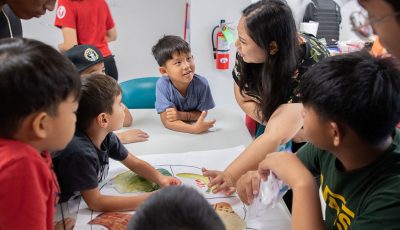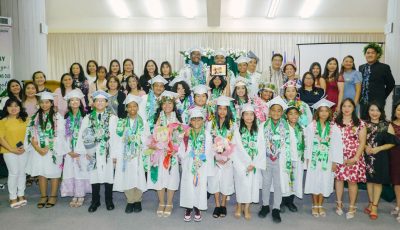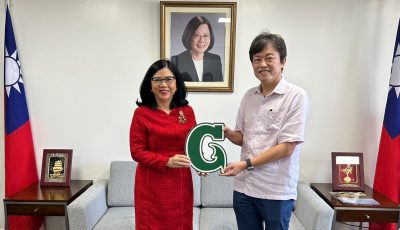Commission on Decolonization votes against plebiscite
Focuses on research and community outreach
GUAM—The Commission on Decolonization voted last week not to conduct a political status plebiscite this November, because not enough was done by the Guam Governor’s Office to prepare the community.
In April, Gov. Eddie Calvo and his staff presented an aggressive educational campaign plan that was supposed to be implemented from April through July, and then the Commission was to decide whether or not the Governor’s educational efforts were enough to prepare the community to participate in a plebiscite.
The governor’s plan had included several dozen public meetings and pre-polls and post-polls to determine whether or not the level of knowledge in the community was sufficient for a vote this November. At last week’s Commission on Decolonization meeting, the Office of the Governor reported that they had not conducted any public meetings, nor any polls, but instead focused on increasing the number of people on the Guam Decolonization Registry through a government-wide registration drive.
Since none of the planned educational efforts occurred, the commission unanimously agreed that a November 2016 plebiscite would be too soon for eligible voters to decide on a future political status for Guam. The commission agreed instead to spend the rest of this year conducting research, developing educational materials, and engaging in community outreach.
The Independence for Guåhan Task Force commends the commission for their decision not to rush a vote in November, as the governor had previously proposed, but rather, to use available funds to conduct public outreach meetings and develop thoroughly researched studies and materials that can help the community best determine which of the three available options for Guam’s future will be most beneficial.
In the spirit of collaboration, the commission discussed how best to spend a $300,000 grant from the Department of Interior intended for political status education. The Governor’s Office proposed that $54,000 be used to host a series of public meetings in every village between September and December of this year.
The co-chairs of the Independence for Guåhan Task Force proposed that a significant portion of the grant funds be used to establish a self-determination program or institute at the University of Guam, through which a series of studies would be conducted by local government officials and international law and decolonization experts to create reports on how each political status option will impact the overall quality of life on Guam. These proposals were both accepted by the commission. The governor also committed to working with members of his cabinet and experts in government agencies to begin researching and compiling information that can be used to inform the community about options for the island’s political future.
Recent months have shown the community is interested in more information and public engagement, thus, the Independence for Guåhan Task Force has been working tirelessly to develop materials and offer venues for this education.
This Thursday, Aug. 25. from 6pm to 7:30pm in the Main Pavilion of the Chamorro Village, the Task Force will hold the first of its monthly general assemblies. These meetings will be opportunities for the public to join the discussion and learn more about decolonization in general and independence for Guåhan in particular.



























